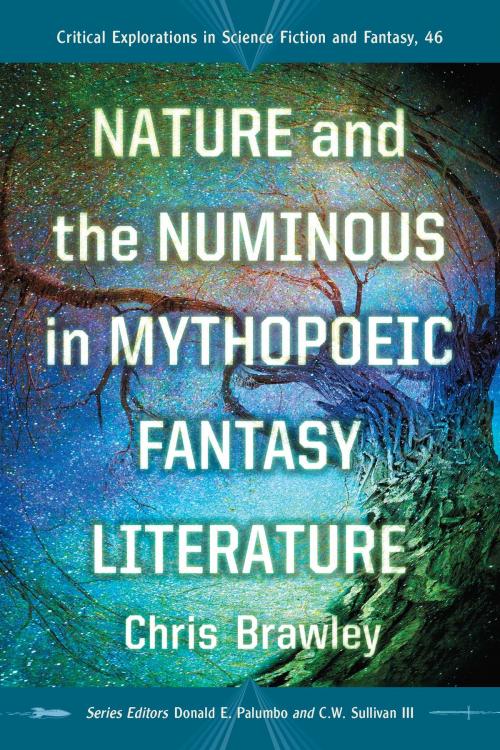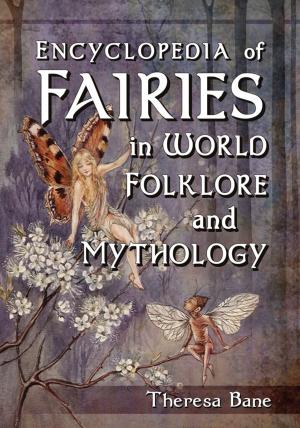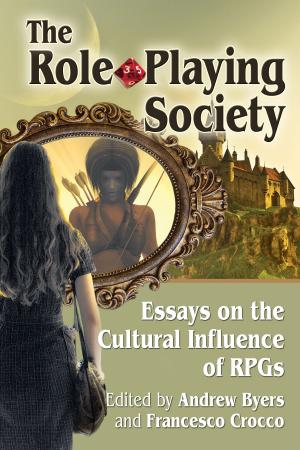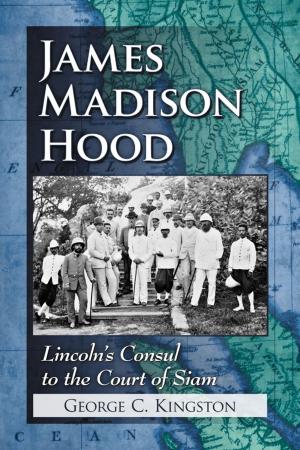Nature and the Numinous in Mythopoeic Fantasy Literature
Fiction & Literature, Literary Theory & Criticism, Science Fiction, Nonfiction, Social & Cultural Studies, Political Science, Government, Public Policy| Author: | Chris Brawley | ISBN: | 9781476615820 |
| Publisher: | McFarland & Company, Inc., Publishers | Publication: | June 26, 2014 |
| Imprint: | Language: | English |
| Author: | Chris Brawley |
| ISBN: | 9781476615820 |
| Publisher: | McFarland & Company, Inc., Publishers |
| Publication: | June 26, 2014 |
| Imprint: | |
| Language: | English |
This book makes connections between mythopoeic fantasy—works that engage the numinous—and the critical apparatuses of ecocriticism and posthumanism. Drawing from the ideas of Rudolf Otto in The Idea of the Holy, mythopoeic fantasy is a means of subverting normative modes of perception to both encounter the numinous and to challenge the perceptions of the natural world. Beginning with S.T. Coleridge’s theories of the imagination as embodied in The Rime of the Ancient Mariner, the book moves on to explore standard mythopoeic fantasists such as George MacDonald, C.S. Lewis, and J.R.R. Tolkien. Taking a step outside these men, particularly influenced by Christianity, the concluding chapters discuss Algernon Blackwood and Ursula Le Guin, whose works evoke the numinous without a specifically Christian worldview.
This book makes connections between mythopoeic fantasy—works that engage the numinous—and the critical apparatuses of ecocriticism and posthumanism. Drawing from the ideas of Rudolf Otto in The Idea of the Holy, mythopoeic fantasy is a means of subverting normative modes of perception to both encounter the numinous and to challenge the perceptions of the natural world. Beginning with S.T. Coleridge’s theories of the imagination as embodied in The Rime of the Ancient Mariner, the book moves on to explore standard mythopoeic fantasists such as George MacDonald, C.S. Lewis, and J.R.R. Tolkien. Taking a step outside these men, particularly influenced by Christianity, the concluding chapters discuss Algernon Blackwood and Ursula Le Guin, whose works evoke the numinous without a specifically Christian worldview.















